“So the Word became human and made his home among us. He was full of unfailing love and faithfulness. And we have seen his glory, the glory of the Father’s one and only Son.” John 1:14, NLT
Article from the Swindoll Study Bible
 The Son of God, as “very God” (to quote the Nicene Creed), arrived on this earth as a man. He came to the mountains He created. He faced the rivers with their rushing currents. He crossed the valleys. He gazed upon the sea. He walked beneath the skies and the stars and the moon and the sun. But the tragedy of all tragedies is this: “He came into the very world he created, but the world didn’t recognize him” (John 1:10). The world didn’t recognize the One who had created it. In other words, “He came to his own people, and even they rejected him” (John 1:11).
The Son of God, as “very God” (to quote the Nicene Creed), arrived on this earth as a man. He came to the mountains He created. He faced the rivers with their rushing currents. He crossed the valleys. He gazed upon the sea. He walked beneath the skies and the stars and the moon and the sun. But the tragedy of all tragedies is this: “He came into the very world he created, but the world didn’t recognize him” (John 1:10). The world didn’t recognize the One who had created it. In other words, “He came to his own people, and even they rejected him” (John 1:11).
In our world, people look at the beauty of creation but refuse to acknowledge the Creator. Imagine Walt Disney coming to Disneyland on its opening day in 1955—but nobody even acknowledging him or acknowledging the fact that everything in the park had come from his imagination and creativity. Imagine them all saying, “Oh, it just happened.” Such an illustration can’t really do justice to this magnificent passage of Scripture, but you get the picture.
 We all know the Christmas story: The Creator came to our planet as a baby, but there was no room at the inn for the One who had created the rocks from which that inn was made. There was no welcome mat for Christ. Isn’t it remarkable that the One who is coequal, coeternal, and coexistent with the Father and the Spirit—the One who divinely decreed the events that would run their course on this earth in perfect timing with His profound plan—could come to the earth and be beaten and spit upon, have spikes driven through His hands and feet, be hung on a cross, and be cursed until He died? Even after being raised from the dead, He is still denied, rejected, and refused some twenty centuries later. There is still no room for the Savior.
We all know the Christmas story: The Creator came to our planet as a baby, but there was no room at the inn for the One who had created the rocks from which that inn was made. There was no welcome mat for Christ. Isn’t it remarkable that the One who is coequal, coeternal, and coexistent with the Father and the Spirit—the One who divinely decreed the events that would run their course on this earth in perfect timing with His profound plan—could come to the earth and be beaten and spit upon, have spikes driven through His hands and feet, be hung on a cross, and be cursed until He died? Even after being raised from the dead, He is still denied, rejected, and refused some twenty centuries later. There is still no room for the Savior.
What about you? Do you know what it means that God, who made everything, reduced Himself to take on skin, subject Himself to the very gravity that He put into effect, and limit Himself to a tiny space of property—for you?
 From the vanishing point of the past to the vanishing point of the future, Jesus Christ remains in His nature and His attributes very God. But Christ, in order that human beings might be able to see what God is like in tangible form, became a human for all eternity future. This introduction to the Gospel of John concludes, “No one has ever seen God. But the unique One, who is himself God, is near to the Father’s heart. He has revealed God to us” (John 1:18).
From the vanishing point of the past to the vanishing point of the future, Jesus Christ remains in His nature and His attributes very God. But Christ, in order that human beings might be able to see what God is like in tangible form, became a human for all eternity future. This introduction to the Gospel of John concludes, “No one has ever seen God. But the unique One, who is himself God, is near to the Father’s heart. He has revealed God to us” (John 1:18).
Do you wonder what the Father is like? Make a study of Christ. Do you wonder how God could be a God of grace, at the same time both gentle and full of justice and purity? Look at Christ. He shares the Father’s divine nature, and He explains it and models it in perfect terms so that we can grasp the person of the Father.
The world didn’t recognize the One who created it. Do we?
Learn more about the Swindoll Study Bible
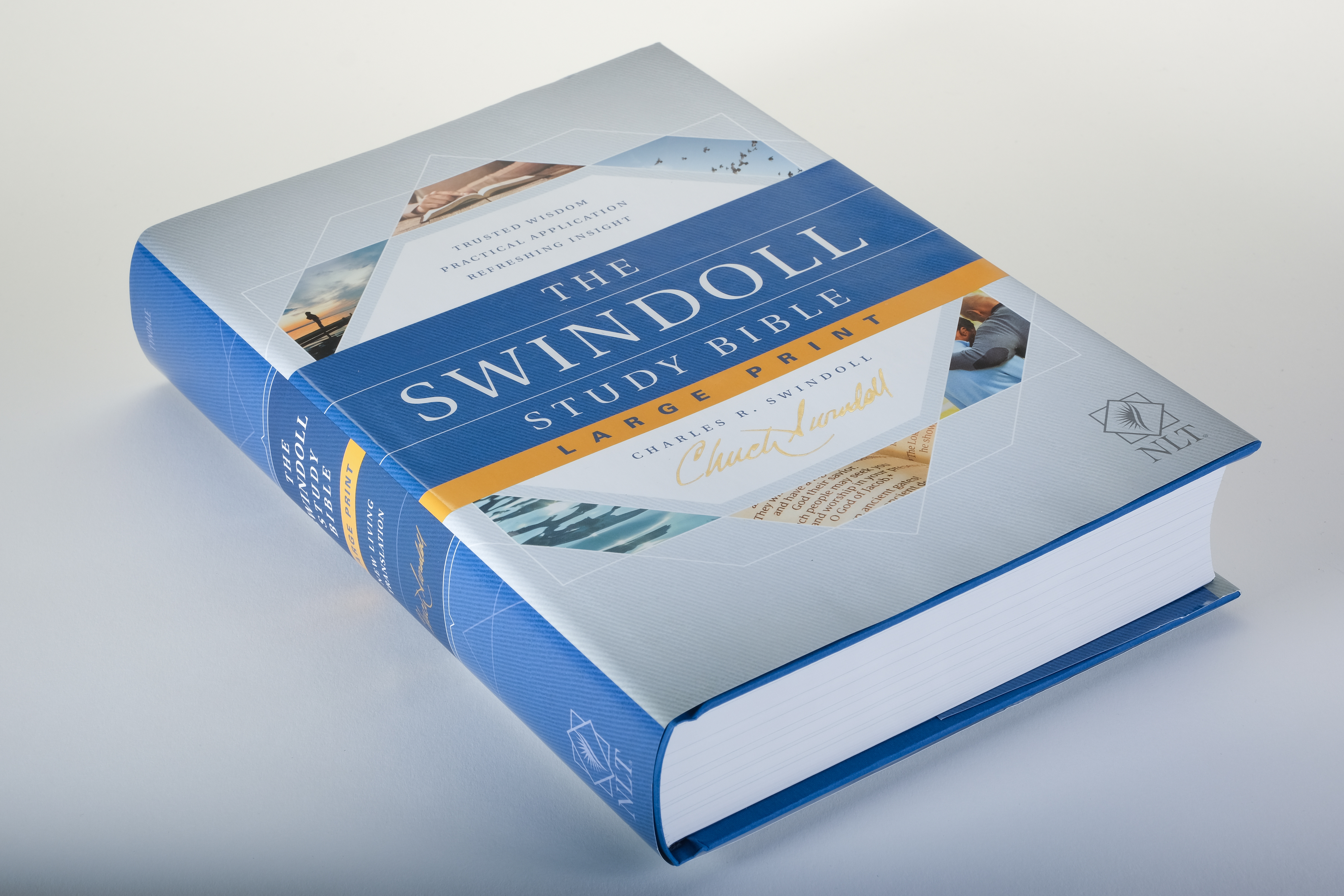
 These contrasts are a foretaste of things to come. In Jesus, the God of Israel and Lord of all the earth has come to visit and to save his people. The Divine One reaches down to meet them where they are. Throughout Luke’s Gospel, Jesus will show special concern for the lowly, the poor, the outcast, and sinners. These are the ones he has come to
These contrasts are a foretaste of things to come. In Jesus, the God of Israel and Lord of all the earth has come to visit and to save his people. The Divine One reaches down to meet them where they are. Throughout Luke’s Gospel, Jesus will show special concern for the lowly, the poor, the outcast, and sinners. These are the ones he has come to save because they recognize their need for him. They receive the message of salvation with joy and rejoicing.
save because they recognize their need for him. They receive the message of salvation with joy and rejoicing.


 Profile from the
Profile from the 
 At this point, God sent a messenger to Joseph to confirm Mary’s story and open another way of obedience for Joseph—to take Mary as his wife. Joseph obeyed God, married Mary, and honored her virginity until after the baby was born. Joseph’s role as guardian of God’s Son and of Mary is clearly seen in his response to the dream in which the angel of the Lord instructed him to flee to Egypt. Joseph immediately obeyed, leading his family to Egypt in order to escape from Herod and later returning to settle in Nazareth instead of going back to Bethlehem.
At this point, God sent a messenger to Joseph to confirm Mary’s story and open another way of obedience for Joseph—to take Mary as his wife. Joseph obeyed God, married Mary, and honored her virginity until after the baby was born. Joseph’s role as guardian of God’s Son and of Mary is clearly seen in his response to the dream in which the angel of the Lord instructed him to flee to Egypt. Joseph immediately obeyed, leading his family to Egypt in order to escape from Herod and later returning to settle in Nazareth instead of going back to Bethlehem.
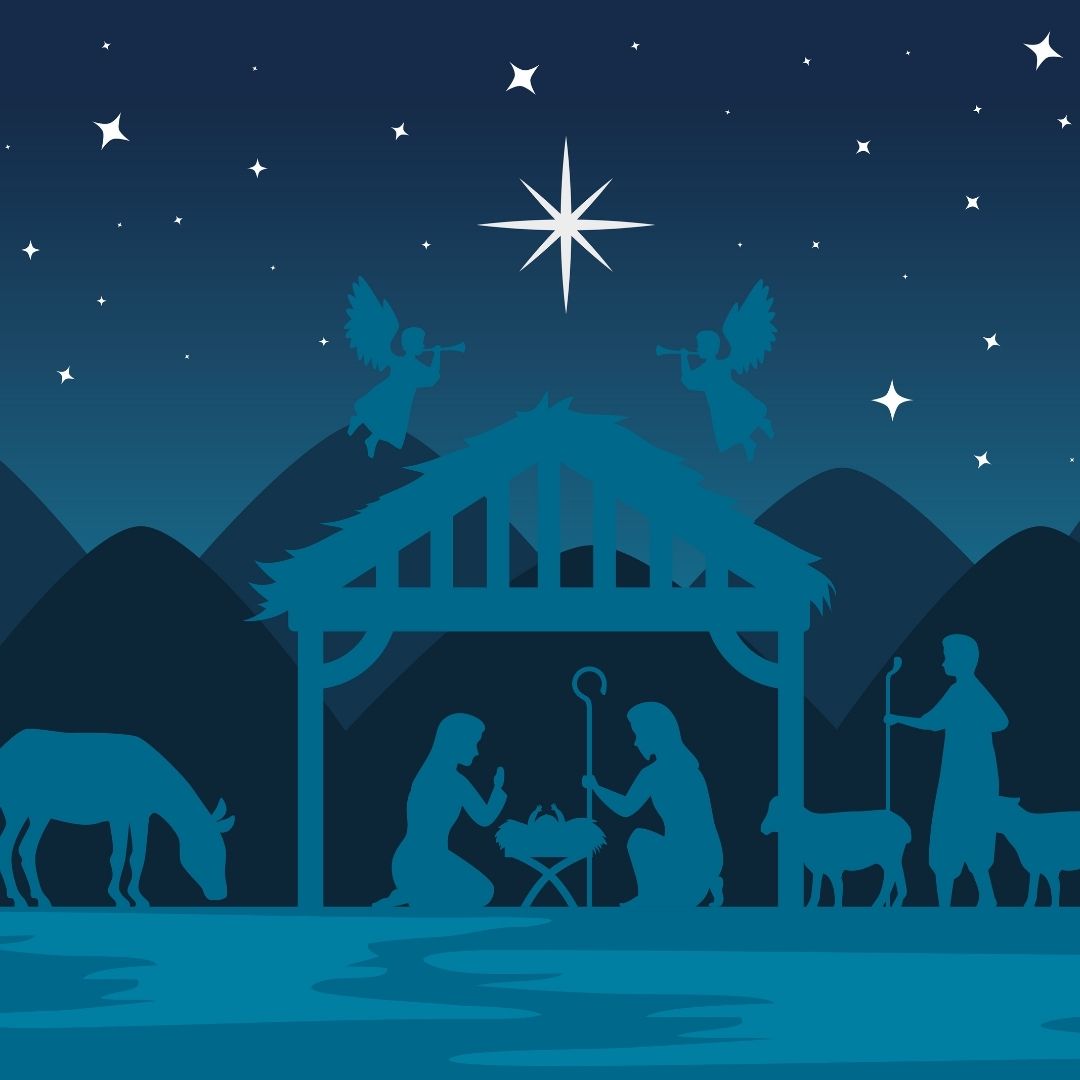
 “So the men of Kiriath-jearim came to get the Ark of the
“So the men of Kiriath-jearim came to get the Ark of the 


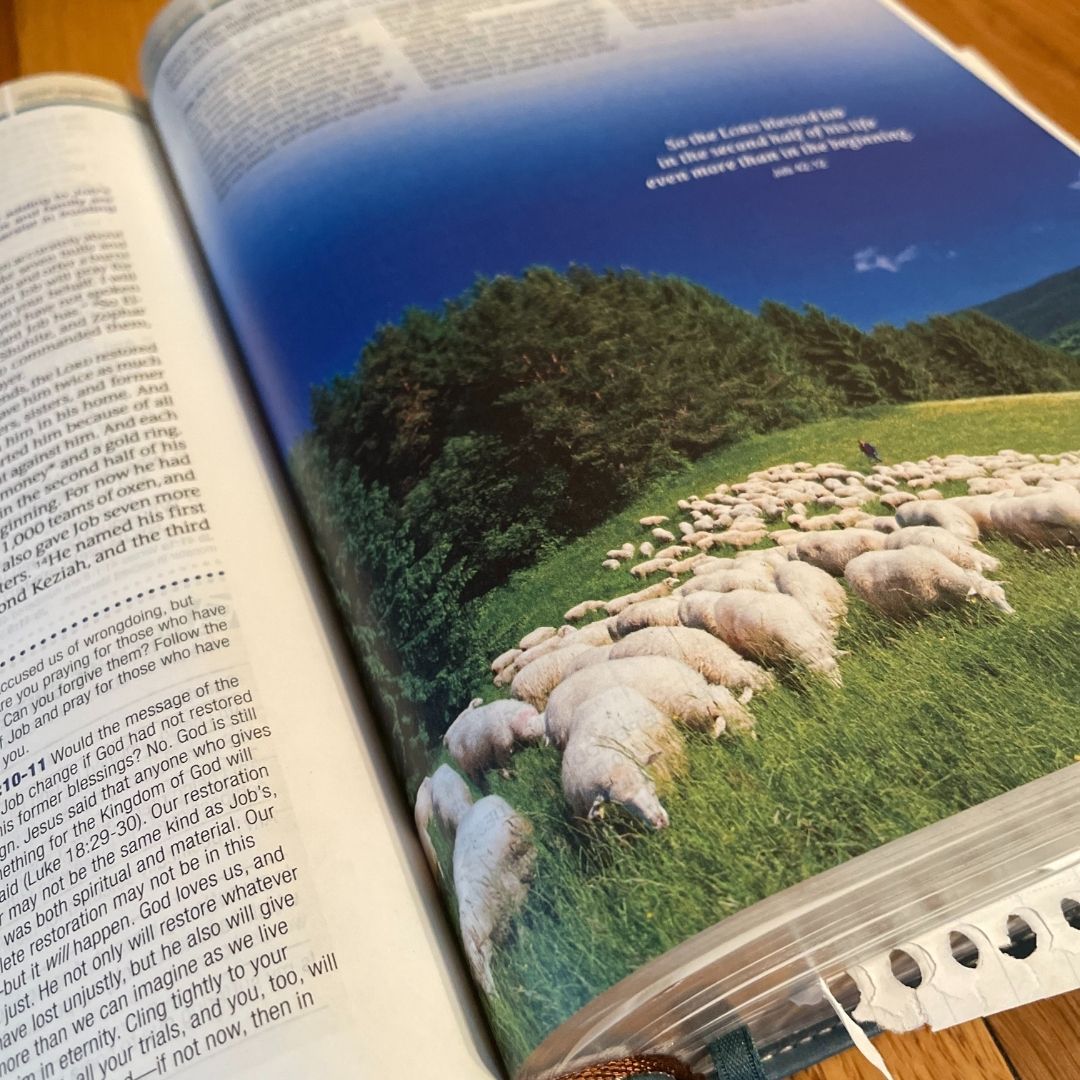
 Those words are in all caps and lead the message Pamela Nicholson gives on her website, a ministry to aimed at single women but open to all, called Life in Sweet Abandon.
Those words are in all caps and lead the message Pamela Nicholson gives on her website, a ministry to aimed at single women but open to all, called Life in Sweet Abandon.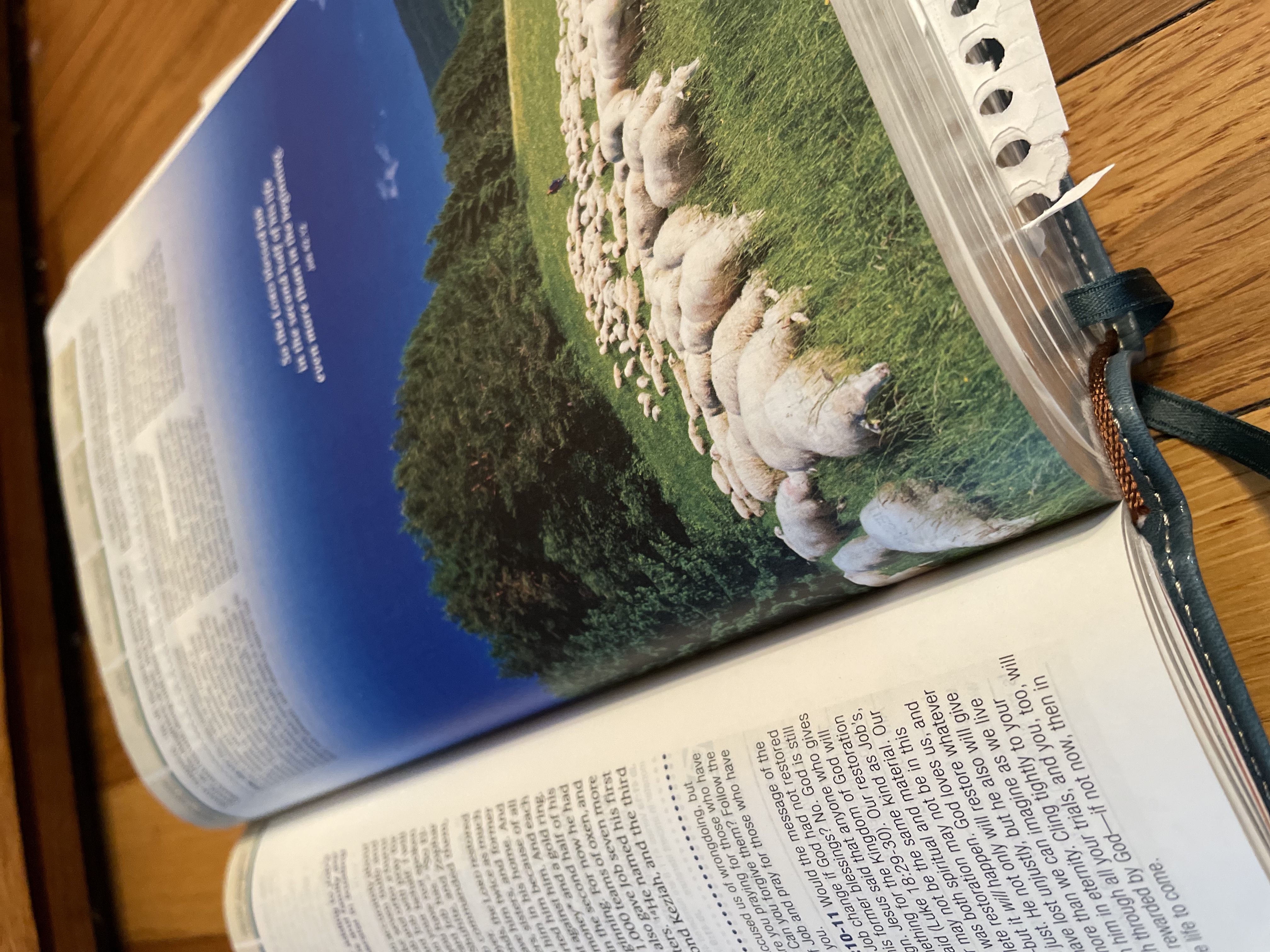 “The words seemed to jump off the page and come to life! I love reading the Bible in the order in which the events happened!
“The words seemed to jump off the page and come to life! I love reading the Bible in the order in which the events happened!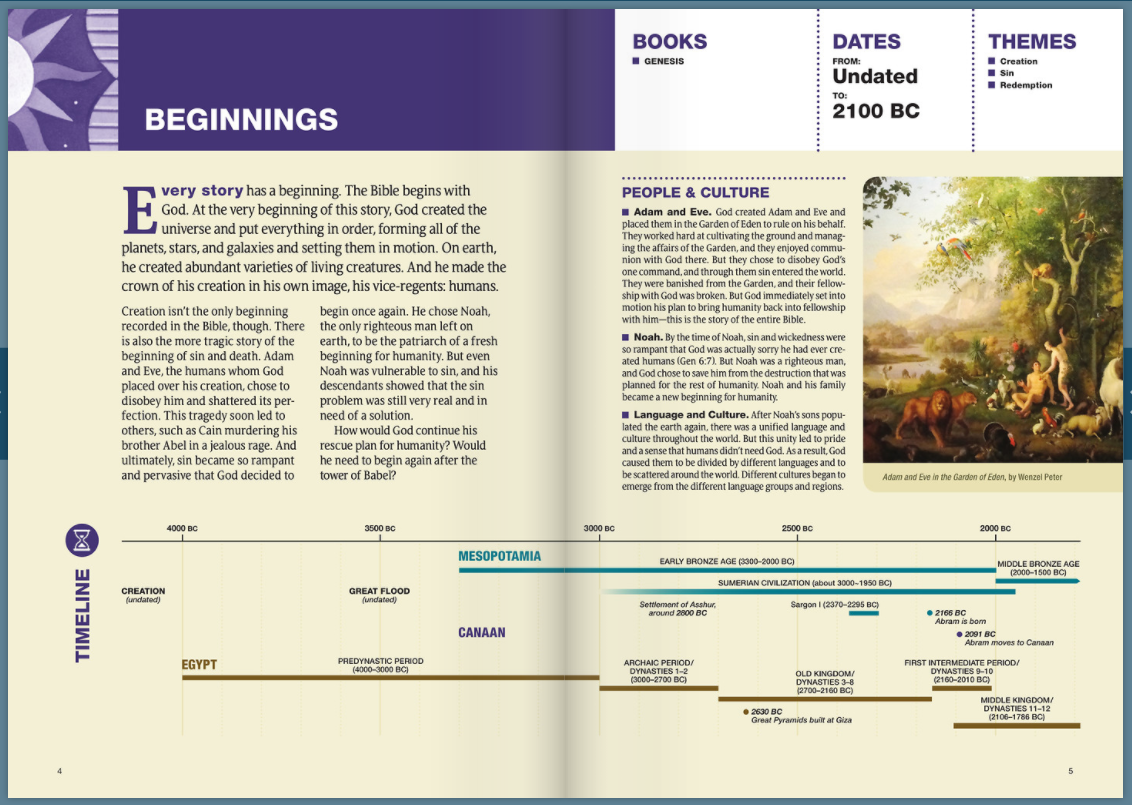 There’s another story that is particularly close to Pamela’s heart.
There’s another story that is particularly close to Pamela’s heart.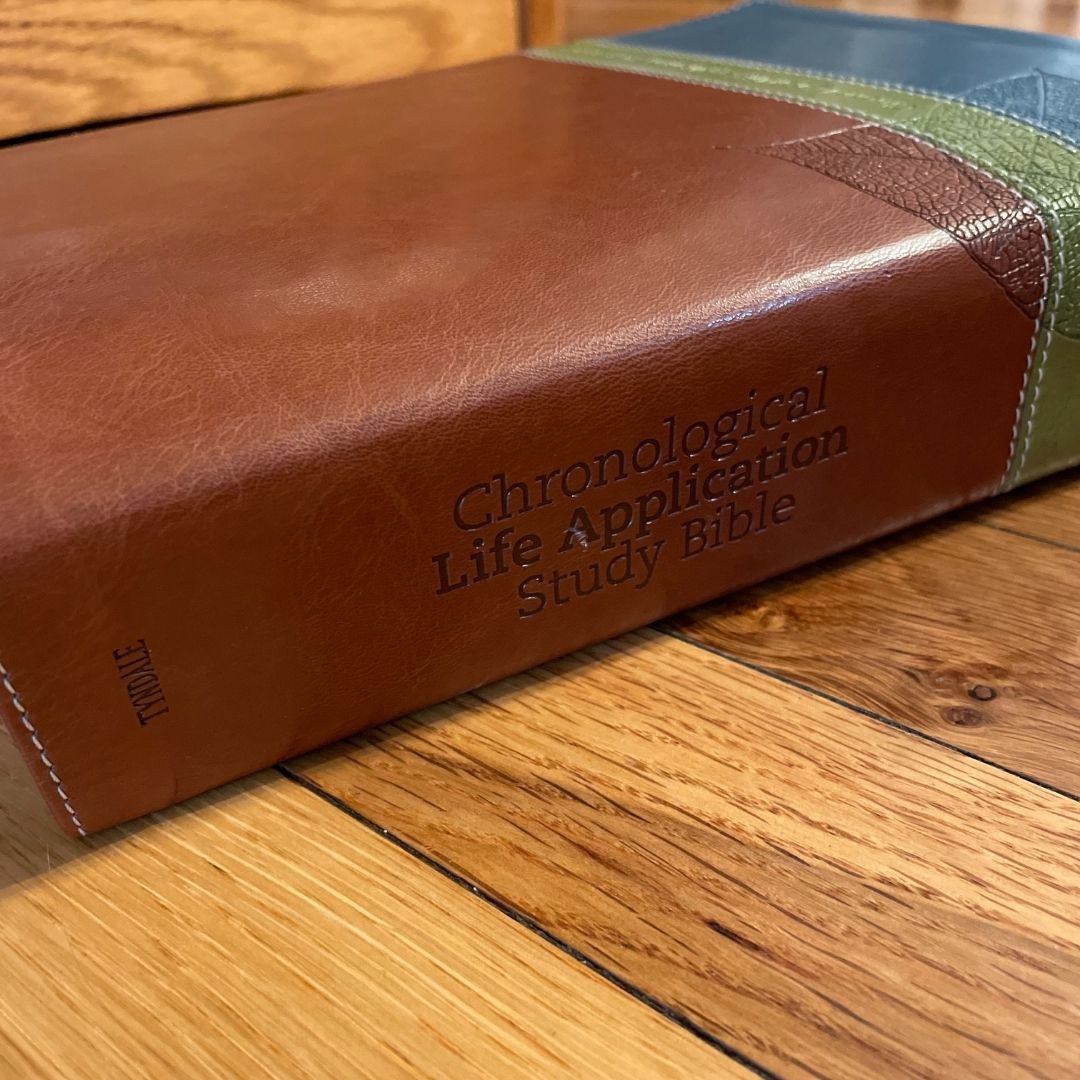


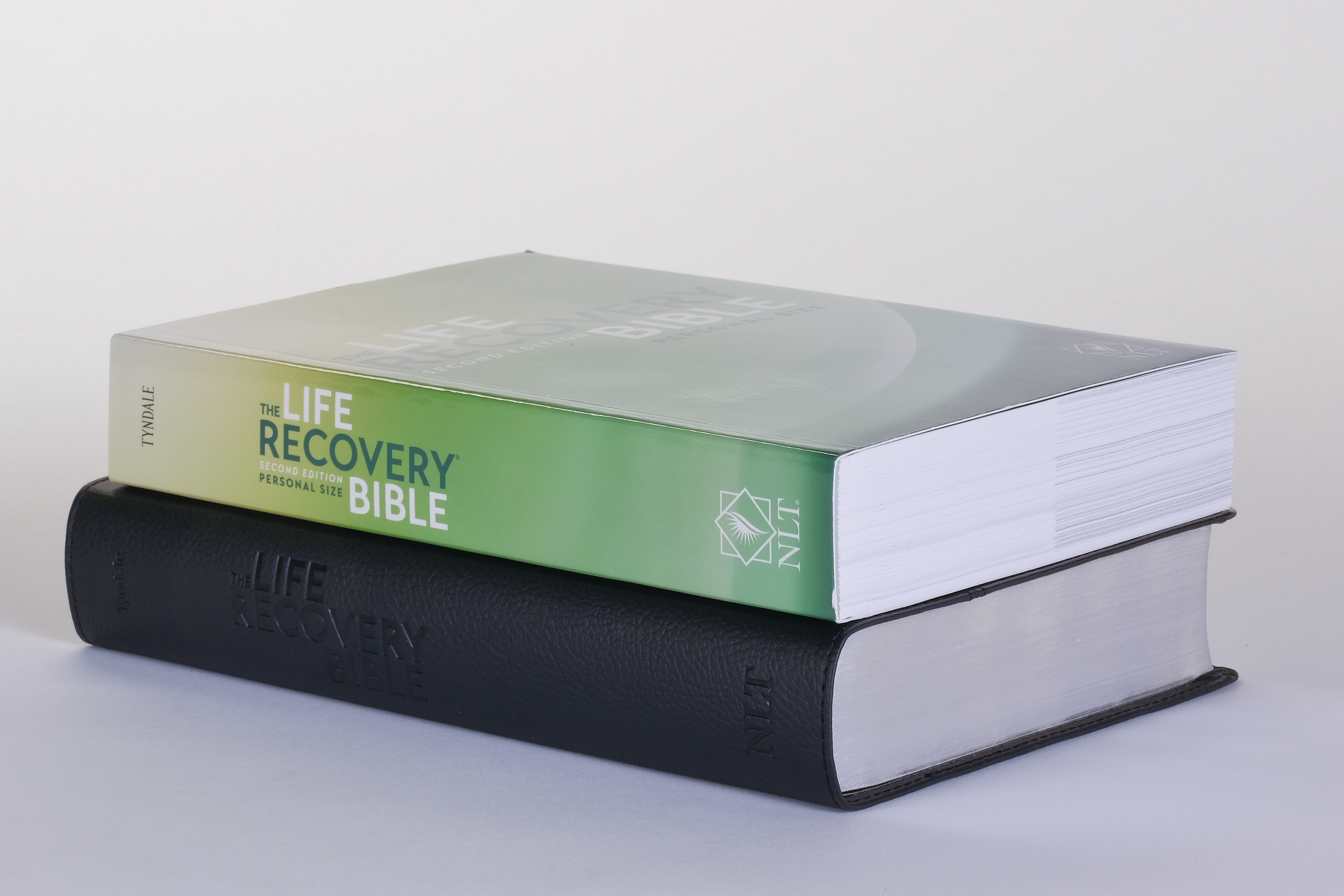



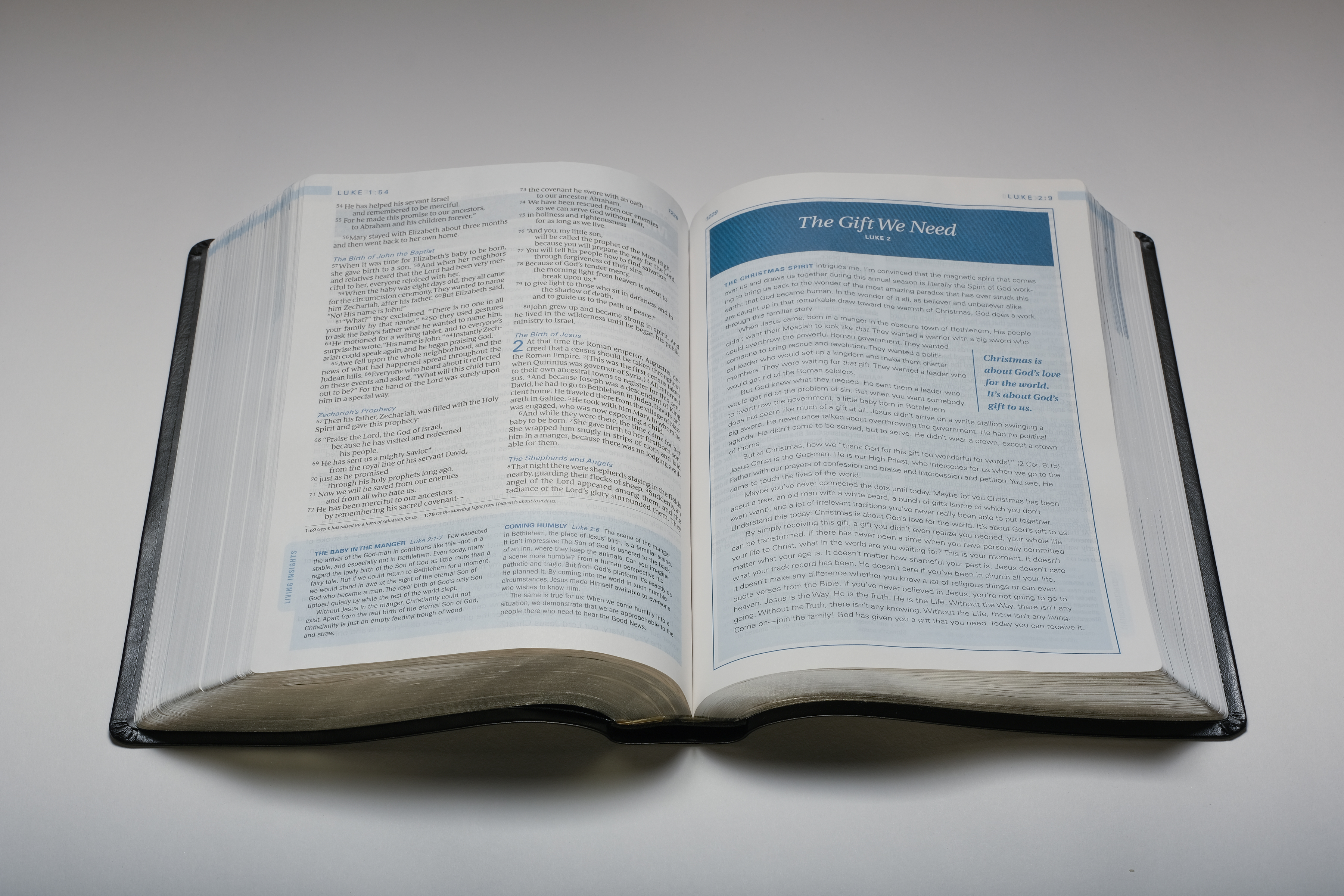























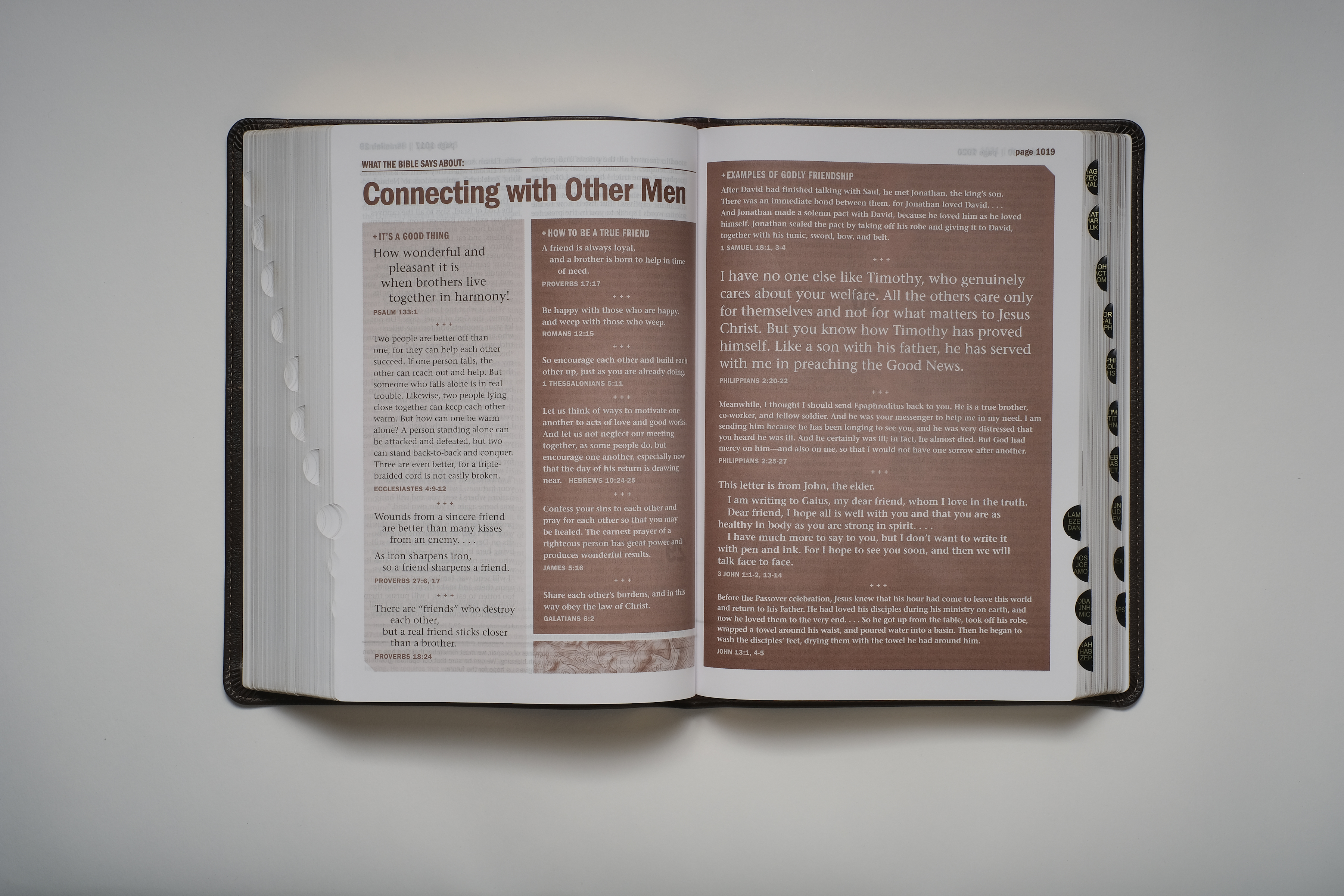

Recent Comments